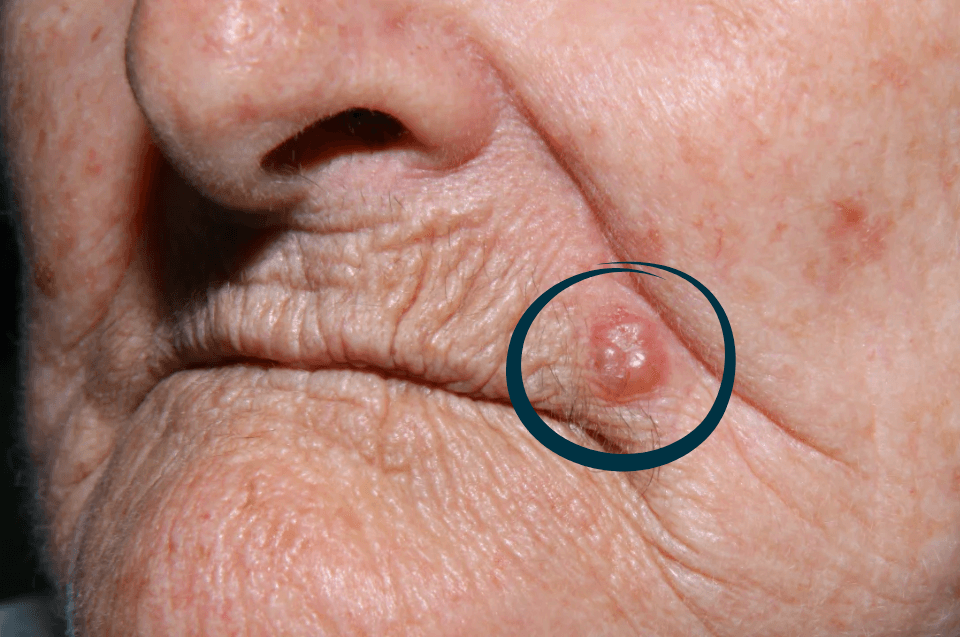Today, June 28, marks World Phenylketonuria Day, an important occasion to raise awareness about this rare, genetic, and silent disease that can cause serious neurological damage if not diagnosed and treated early.
Although little known by the general public, phenylketonuria is screened for in newborns through the heel prick test and requires lifelong monitoring and care. In this article, we’ll explore what phenylketonuria is, its causes, symptoms, diagnosis, and the treatments that allow those affected to live healthy, active lives.
What is phenylketonuria?
Phenylketonuria (PKU) is a rare inherited genetic disorder that affects the body’s ability to metabolize a substance called phenylalanine, an amino acid found in many protein-rich foods such as meat, eggs, milk, and dairy products.
In individuals with PKU, there is a deficiency or absence of the enzyme phenylalanine hydroxylase (PAH), which is responsible for converting phenylalanine into tyrosine. Without this conversion, phenylalanine builds up in the bloodstream and, at high levels, becomes toxic to the brain — potentially leading to intellectual disability, neurological problems, behavioral disorders, and other permanent damage.
What causes phenylketonuria?
PKU is caused by genetic mutations in the PAH gene, located on chromosome 12. It’s an autosomal recessive disorder, meaning a child must inherit a mutated copy of the gene from both parents to develop the condition.
If both parents are carriers, there is a 25% chance the baby will have the disease and a 50% chance of being a carrier (without symptoms).
What are the symptoms of phenylketonuria?
Symptoms usually do not appear in the first days of life. However, if the condition is not diagnosed and treated early, signs may begin to show after a few weeks or months, as phenylalanine builds up in the body.
Untreated symptoms may include:
Delayed psychomotor development
Progressive intellectual disability
Irritability and aggressive behavior
Seizures
Hyperactivity
Tremors
A characteristic musty body odor
Microcephaly (smaller-than-normal head size)
Eczema and other skin changes
When treated from the first days of life, the child can develop normally, with preserved intelligence and good quality of life.
How is phenylketonuria diagnosed?
Diagnosis is made through the heel prick test. The test should be done between the 3rd and 5th day of life. If PKU is suspected, additional lab tests are performed to confirm the diagnosis and measure phenylalanine levels in the blood.
Early diagnosis is crucial. If treatment begins in the first few weeks of life, the effects of the disease can be virtually eliminated.
How is phenylketonuria treated?
Treatment for PKU is essentially a strict, lifelong low-phenylalanine diet. Since phenylalanine is found in many protein-rich foods, the diet typically restricts or eliminates:
Red and white meats
Milk and dairy products
Eggs
Legumes (beans, lentils, soy)
Nuts and seeds
Instead, the diet is based on fruits, vegetables, and specially formulated low-phenylalanine foods.
Treatment may also include:
Special amino acid supplements without phenylalanine
Infant metabolic formulas in early childhood
Multidisciplinary care with a nutritionist, geneticist, pediatrician, and psychologist
In recent years, new medications have been developed to help modulate PAH enzyme activity, benefiting patients with milder forms of the disease. In some cases, these treatments allow for a less restrictive diet — but always require thorough medical evaluation.
The Importance of Ongoing Care
Even after childhood, it’s essential to maintain regular medical follow-up and adhere to the dietary treatment. Teenagers and adults who abandon the diet may suffer cognitive decline, mood changes, and loss of previously acquired abilities.
During pregnancy, women with PKU require strict monitoring, as high phenylalanine levels can lead to fetal malformations and miscarriage.
Myths and Truths about Phenylketonuria
“It’s a disease that goes away over time.”
❌ Myth. PKU is a permanent genetic condition. Treatment is for life.“The diet is only necessary in childhood.”
❌ Myth. Stopping the diet can cause neurological problems even in adulthood.“People with PKU can’t eat anything.”
❌ Myth. Although there are many restrictions, with proper nutritional guidance it’s possible to create tasty, nutritious, and varied meal plans.“The disease only affects the brain.”
✅ Partially true. The main impact is neurological, but the condition requires holistic care — including nutrition and psychological well-being.
Conclusion
Phenylketonuria is a rare but treatable genetic disorder. Early diagnosis through the heel prick test is essential to prevent permanent neurological damage. With a carefully managed diet and proper medical support, people with PKU can live healthy, fulfilling lives.
On this World Phenylketonuria Day, it’s worth emphasizing the importance of neonatal screening, free access to specialized foods, and awareness efforts to ensure no child with PKU goes undiagnosed or untreated.



